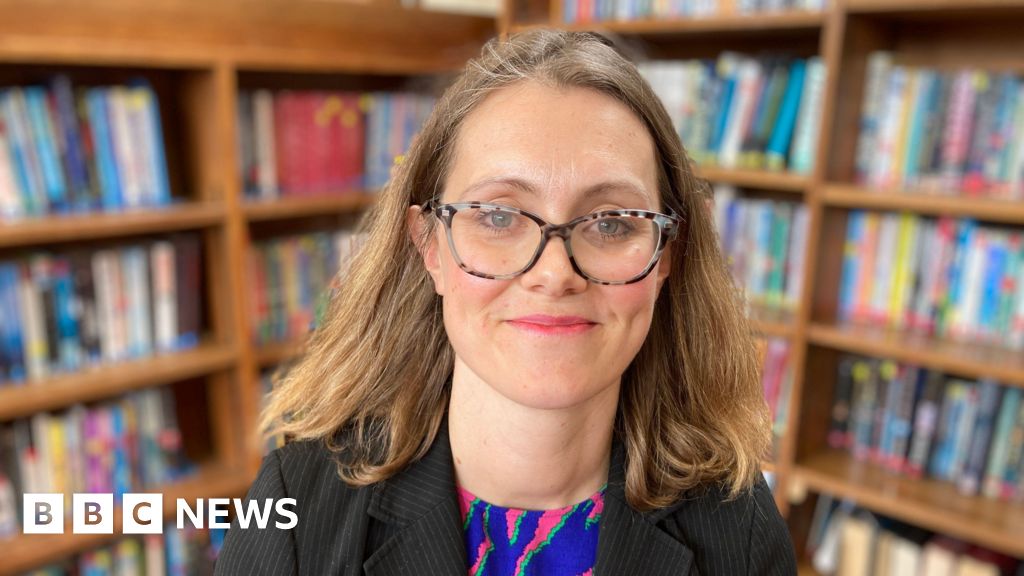By Katharine Da Costa
Nearly 150,000 parents have signed a Parent Pact to hold off giving their child a smartphone until at least 14 and social media until 16.
The grassroots movement known as Smartphone Free Childhood took off in February 2024.
Its co-founder and director, Daisy Greenwell, said: “It’s hugely encouraging to see more secondary schools taking bold steps to go smartphone-free.
“These devices – designed to be addictive – are having a real impact on young people’s mental health, learning and relationships. Removing them from the school day is a crucial first step.”
Ms Greenwell acknowledged schools could not do it alone, instead she said a cultural change was needed to normalise delaying giving smartphones to children.
Sleep, classroom behaviour, exercise, and how long was spent on phones overall were also found to be no different for pupils at schools with phone bans and those without, the researchers found.
However, University of Birmingham academics did find that spending longer on smartphones and social media in general was linked with worse results across all those areas.
The report’s author, Dr Victoria Goodyear, concluded that school phone bans “in isolation are not enough to tackle the negative impacts”.
A bill suggesting banning smartphones in schools and addictive algorithms aimed at young teenagers will be debated in parliament this July following widespread concerns.
A spokesperson from the Department for Education said: “Mobile phones are a distraction from learning and have no place in our classrooms, which is why our clear guidance sets out that school leaders should be restricting their use.
“Schools already have the power to ban phones, and we support head teachers to take the necessary steps to prevent disruption.”
